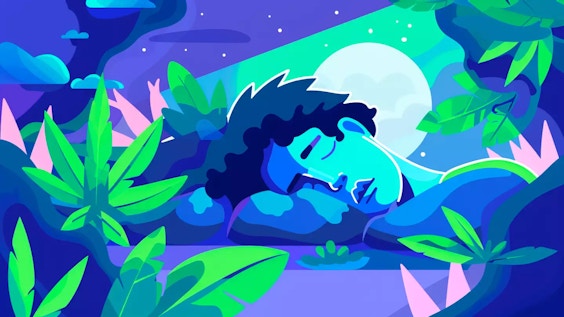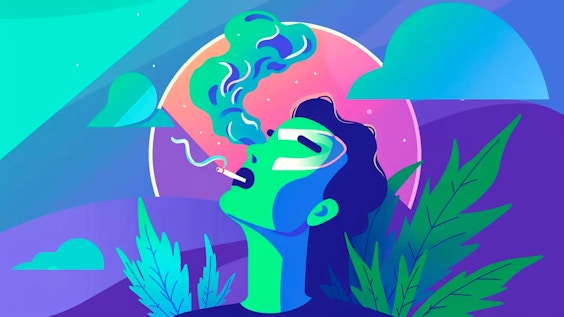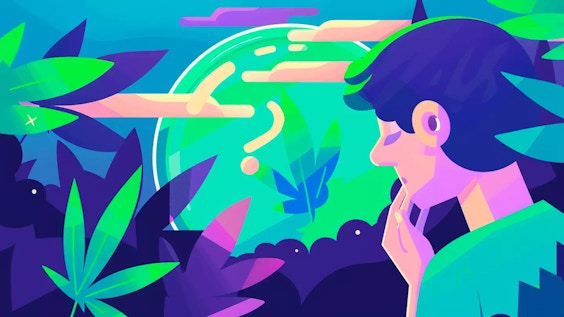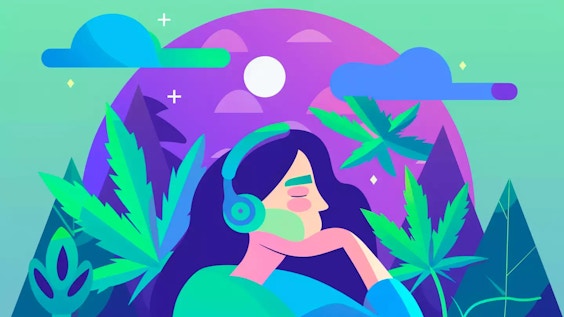I Am Sober is a free app that helps you get some control back in your life.
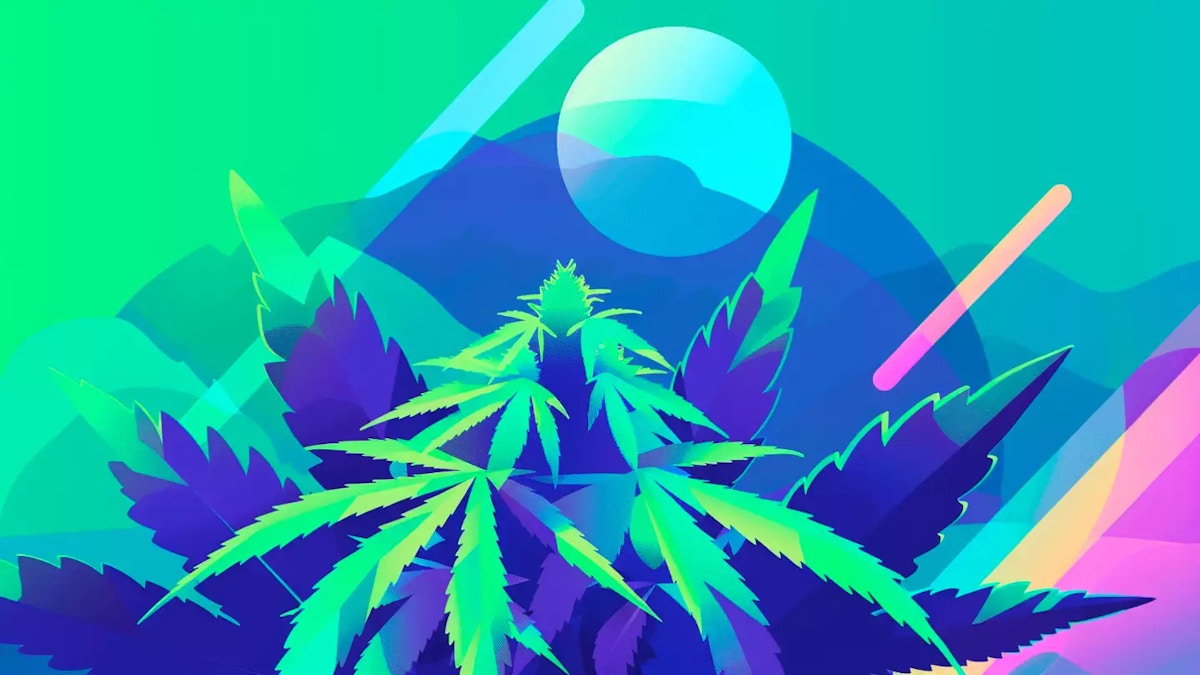
Is Weed A Drug?
Last Updated: Fri, March 29, 2024Is weed a drug?
Let’s find out.
Weed comes from the cannabis plant. You can smoke, vape, drink, or even eat it. Most people use weed or marijuana for pleasure. However, some doctors prescribe it to patients for specific medical conditions.
Is Weed a Drug?
Yes. For those who ingest it, the presence of THC (tetrahydrocannabinol) creates an altered state of mind. Given this, weed is considered a drug.
The effects on a person when they ingest weed helps you understand that it’s indeed a drug. The said effects vary from feelings of relaxation, euphoria, increased appetite, laughter, heightened sensory perception, and a distorted sense of time.
However, weed can also be immediately harmful to some people. Negative effects include panic, paranoia, distrust, and fear.
Effects like these most likely occur when a person takes weed without experience. Another reason would be when too much drug is ingested or when the drug ingested was extremely potent.
Effects of Weed
Is weed a drug?
Yes, it is. Given this, here are the common effects of weed:
1. Weed May Affect Your Mental Health
Not everyone had a pleasant experience with marijuana. Oftentimes, it can leave you anxious, afraid, panicked, or paranoid. Weed can also worsen the symptoms of any mental disorders you already have.
When consumed in high doses, marijuana can make also you paranoid or even lose touch with reality. This makes you hear or see things that aren’t there.
2. Your Thinking May Get Distorted
Your senses and judgment may also be clouded by marijuana. Depending on some factors, the effects can differ. These factors include how potent it was, how it was taken, and the amount of marijuana you’ve used.
In particular, weed or marijuana can:
● Heighten your senses
● Distort your sense of time
● Affect your motor skills
● Lower your inhibitions
3. Weed Can Impair Your Brain
Marijuana makes it harder for you to focus, learn, and remember things. These are the drug’s short-term effects. The effects can last for 24 hours or longer after you stop smoking.
However, you might feel more permanent effects of heavily using pot, especially during your teen years. In fact, some imaging tests done with adolescents found that marijuana physically changed their brains.
4. Your Lungs May Hurt
Smoke from marijuana can inflame and irritate your lungs. It can cause the same breathing problems as someone who smokes cigarettes if you use it regularly.
This could result in an ongoing cough with colored mucus. Your lungs may also become more susceptible to infections.
5. It May Harm Your Heart
Weed causes your heart to work harder. Normally, the heart beats about 50 to 70 times per minute. However, that can jump up to 70 to 120 beats or more per minute. This happens for three hours after the effects of the drug kick in.
In addition, your chance of getting a heart attack or stroke increases due to the added strain, tar, and other chemicals in the pot. If you’re older or if you’re suffering from heart problems, the risk becomes higher.
Is Weed a Drug That Can Hurt You?
Typically, marijuana by itself is not as harmful as other drugs. However, weed can still hurt you.
In some states, weed is legal. However, most growers do not use organic methods in growing weed. This results in a plant that contains harmful pesticides, heavy metals, and even fungi.
Today, growers cross-pollinate their crops. This makes weed more potent*― in particular, two to three times more powerful than traditional weed. This type of marijuana often lacks cannabinoids, CBD, or cannabidiol, the beneficial component of weed.
Given this, weed is a drug that can harm you.
Can Weed Kill You?
The chances of dying from smoking marijuana are low. However, if you or someone you know uses this drug, you must be concerned.
It’s because THC contains habit-forming abilities. Therefore, some people may find it difficult to stop using the drug.
Plus, weed contains unhealthy ingredients. These unhealthy components can come from the pesticide, herbicide, bacteria, and fungi that came into contact with the weed. Weed use can also impair the way you think, feel, and experience reality.
Your inhibitions also go down while using weed. This contributes to reckless behavior like having unprotected sex or driving under the influence.
Lastly, weed that contains high levels of THC can affect the way your brain develops if used for a long time. As you grow older, it can also contribute to neurologic conditions.
Can You Get Addicted to Weed?
Yes. The National Institute on Drug Abuse (NIDA) and the Diagnostic and Statistical Manual of Mental Disorders, Fifth Edition (DSM-5) both classified marijuana as an addictive type of drug.
Marijuana users can develop problematic use, a condition also known as marijuana use disorder or marijuana addiction.
Meanwhile, cannabis use disorder is identified as a diagnosable condition. According to the DSM-5, people who use the drug regularly exhibit symptoms and problematic behaviors observed with other forms of disorder due to substance use.
A lot of people with cannabis use disorder do not develop other disorders associated with substance use.
Marijuana use disorder occurs in about 30 percent of those who use weed. Individuals may feel irritable, restless, and have cravings when they don’t ingest weed. Sleep and mood disorders and a decrease in appetite can also occur among addicted individuals.
Conclusion
Is weed a drug that can impact your health negatively? Yes.
If you or a loved one has a drug problem or needs help to stop using marijuana, talk to a professional. A sobriety appcan also help you achieve a sober life.
I Am Sober is a free app that helps you get some control back in your life.

